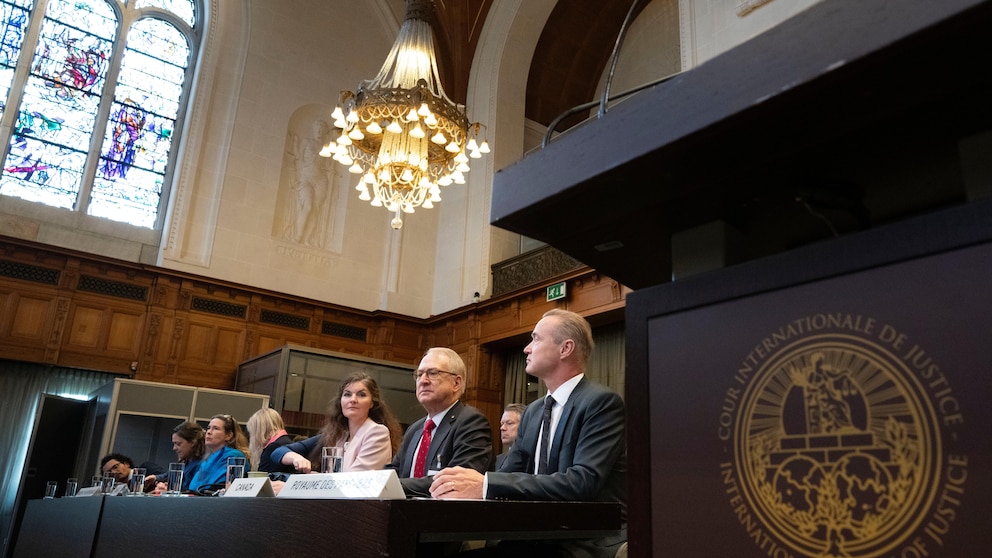Canada and the Netherlands have taken a significant step towards seeking justice for alleged torture cases in Syria by bringing the matter to the top United Nations court. The move highlights the commitment of these countries to hold accountable those responsible for human rights abuses and sends a strong message that such atrocities will not go unpunished.
The International Court of Justice (ICJ), based in The Hague, is the principal judicial organ of the United Nations and has jurisdiction over disputes between states. Canada and the Netherlands have filed a joint application against the Syrian government, accusing it of widespread and systematic human rights violations, including torture, murder, sexual violence, and arbitrary detention.
The allegations stem from the brutal conflict that has plagued Syria since 2011 when protests against President Bashar al-Assad’s regime escalated into a full-scale civil war. Numerous reports from human rights organizations and survivors have documented the use of torture as a tool of repression by the Syrian government.
The joint application by Canada and the Netherlands argues that Syria has violated its obligations under the United Nations Convention against Torture and Other Cruel, Inhuman or Degrading Treatment or Punishment. Both countries are parties to this convention, which prohibits torture under all circumstances.
By bringing the case to the ICJ, Canada and the Netherlands aim to hold Syria accountable for its actions and seek reparations for the victims. The court has the authority to order Syria to cease its alleged violations, provide compensation to victims, and ensure that those responsible for torture are brought to justice.
This landmark case is significant for several reasons. Firstly, it demonstrates the international community’s determination to combat impunity for human rights abuses. By taking legal action against Syria, Canada and the Netherlands are sending a clear message that human rights violations will not be tolerated, regardless of where they occur.
Secondly, this case highlights the importance of international cooperation in seeking justice for victims of torture. Canada and the Netherlands have joined forces to maximize their impact and increase the chances of success. By pooling their resources and expertise, they are better equipped to navigate the complex legal process and present a strong case against Syria.
Furthermore, this case could set a precedent for future accountability efforts. If successful, it could encourage other countries to pursue similar legal avenues to hold perpetrators of human rights abuses accountable. This would contribute to the global fight against impunity and help prevent future atrocities.
However, it is important to acknowledge the challenges that lie ahead. The ICJ can only exercise jurisdiction if both parties consent to its involvement. It remains uncertain whether Syria will cooperate with the court or even recognize its authority. Additionally, the process of gathering evidence and proving the allegations in court can be arduous and time-consuming.
Nonetheless, the joint application by Canada and the Netherlands represents a significant step towards justice for the victims of torture in Syria. It demonstrates the commitment of these countries to upholding human rights and holding perpetrators accountable. By bringing the case to the top UN court, they are seeking to shed light on the atrocities committed and ensure that those responsible face consequences for their actions.



